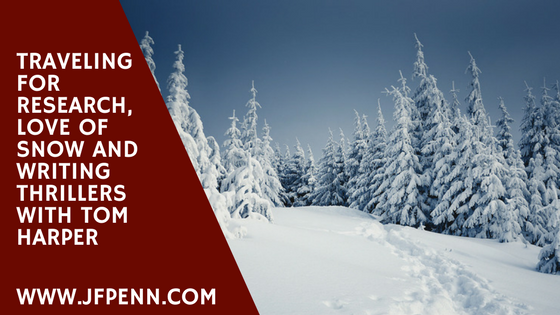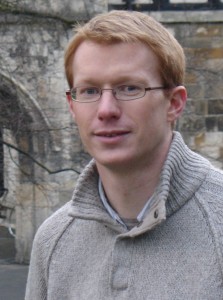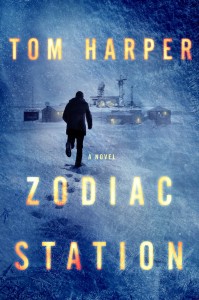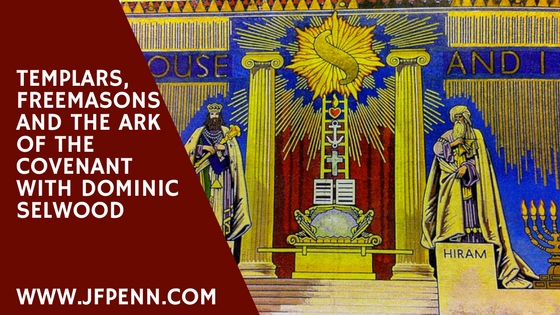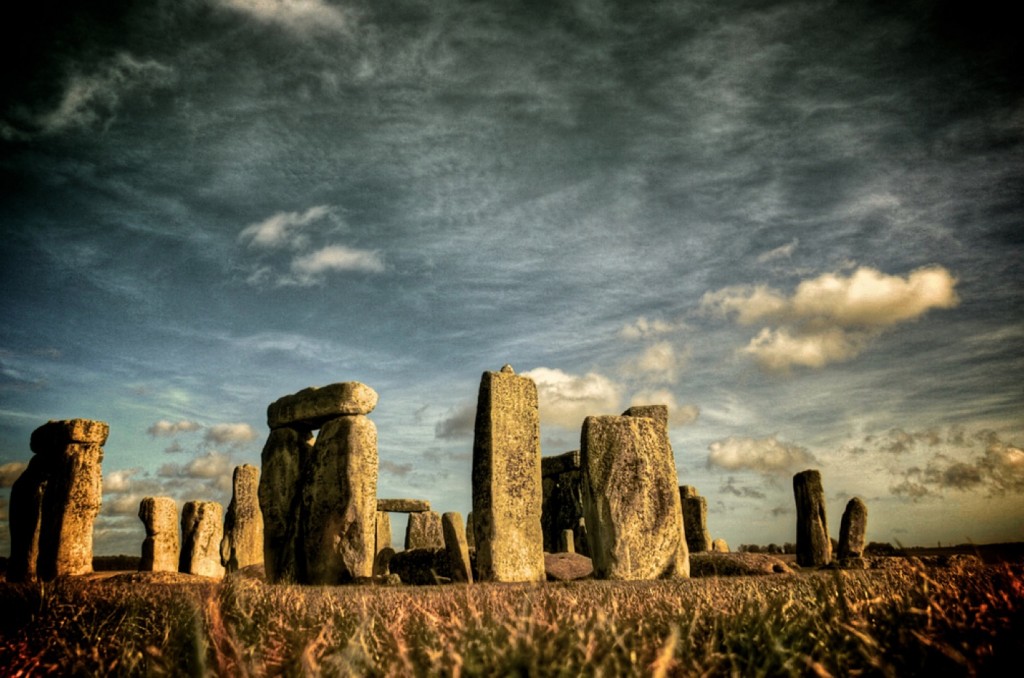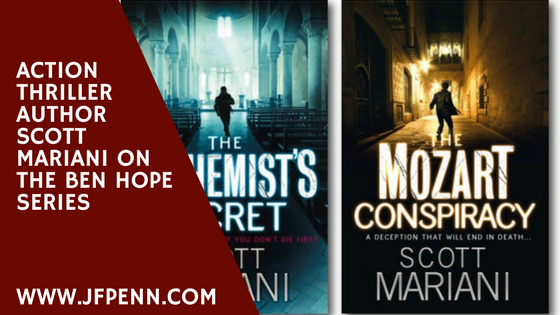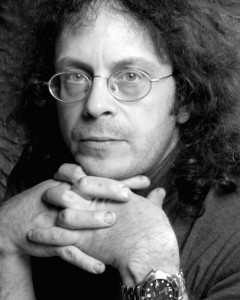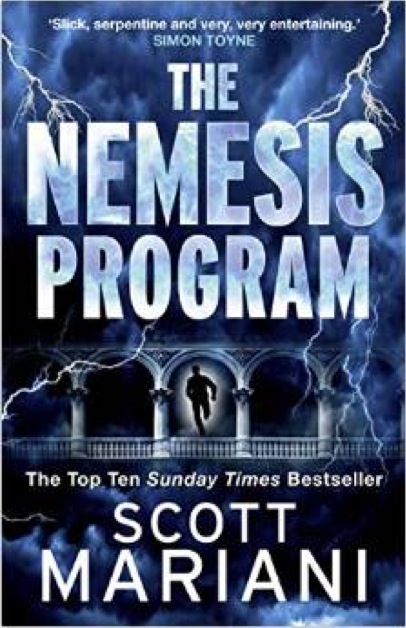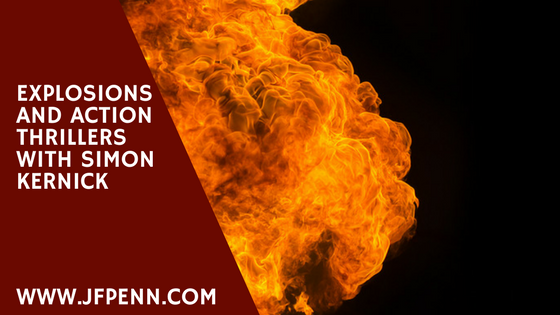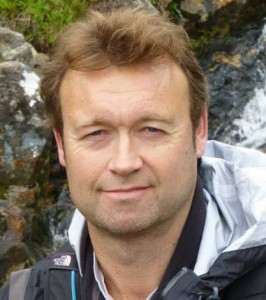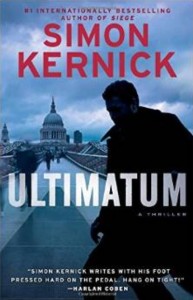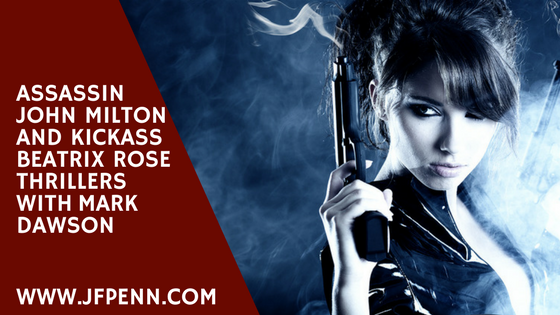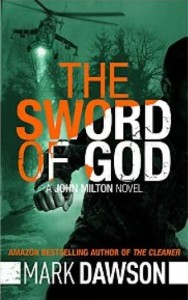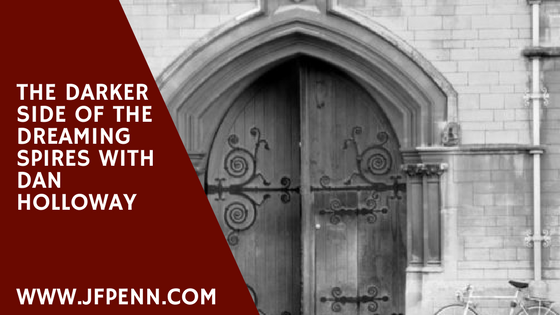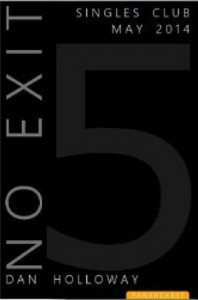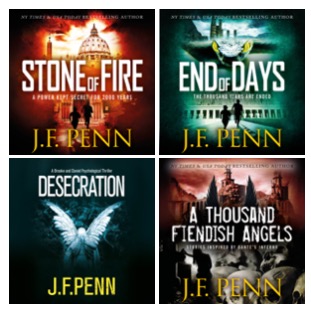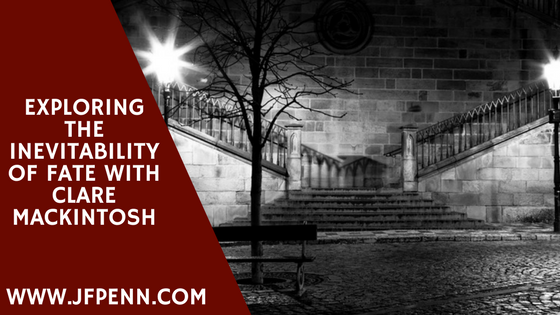 Clare Mackintosh’s debut novel, I Let You Go, was a Sunday Times Top Ten bestseller for 12 weeks, and was the fastest selling title by a new crime writer in the UK in 2015. It also won the Theakston Old Peculier crime novel of the year award for 2016. Translated into more than 30 languages, it has sold over 500,000 copies.
Clare Mackintosh’s debut novel, I Let You Go, was a Sunday Times Top Ten bestseller for 12 weeks, and was the fastest selling title by a new crime writer in the UK in 2015. It also won the Theakston Old Peculier crime novel of the year award for 2016. Translated into more than 30 languages, it has sold over 500,000 copies.
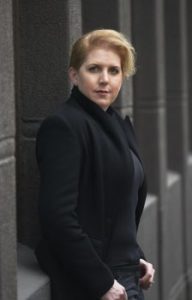 Clare’s latest book, I SEE YOU, is for sale now.
Clare’s latest book, I SEE YOU, is for sale now.
USA Today bestselling thriller author J.F.Penn interviewed Clare for The Big Thrill. This article first appeared in The Big Thrill on 31 August 2016.
You were in the police for 12 years. How does that experience shape your crime writing?
I loved my police career, particularly the variety. I spent time as a community beat officer, a detective, a custody sergeant, shift sergeant, and operations inspector, including qualifying as a public order commander. I worked in communities I would never otherwise have had experience in, which gives me much more breadth of knowledge for my writing. Working in the police obviously also gives me a head start in terms of building authentic police characters and settings, as well as feeling comfortable writing about police procedure and forensics—although there’s still a lot I have to check.
More than anything, I think that there is a commonality between being a police investigator and being a storyteller. In the police my job was to get to the truth; to write down witness accounts and victims’ statements, to interview suspects, and to present as full a picture as possible to a court. I go through the same process as a writer; I pull together all the different threads of a story, and present them to my readers. It’s their job to get to the truth, just as a judge and jury have to. I Let You Go was inspired by a real-life case—a hit and run in Oxford, England—although the story that unfolds is pure fiction.
You’re British and much of I Let You Go is set in Wales. How did the landscape shape the story ideas?
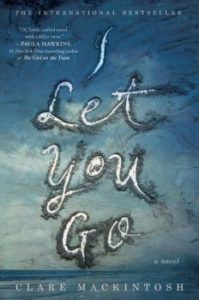
You’ve had tragedy in your life. What aspects of you are in your characters? How has writing helped you?
[Read more…] about Exploring The Inevitability of Fate With Crime Thriller Author, Clare Mackintosh
